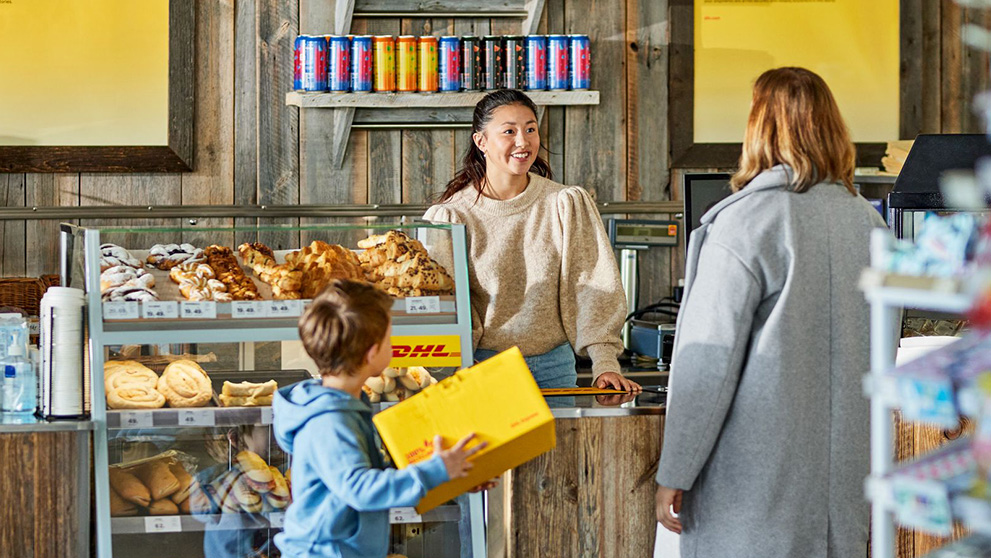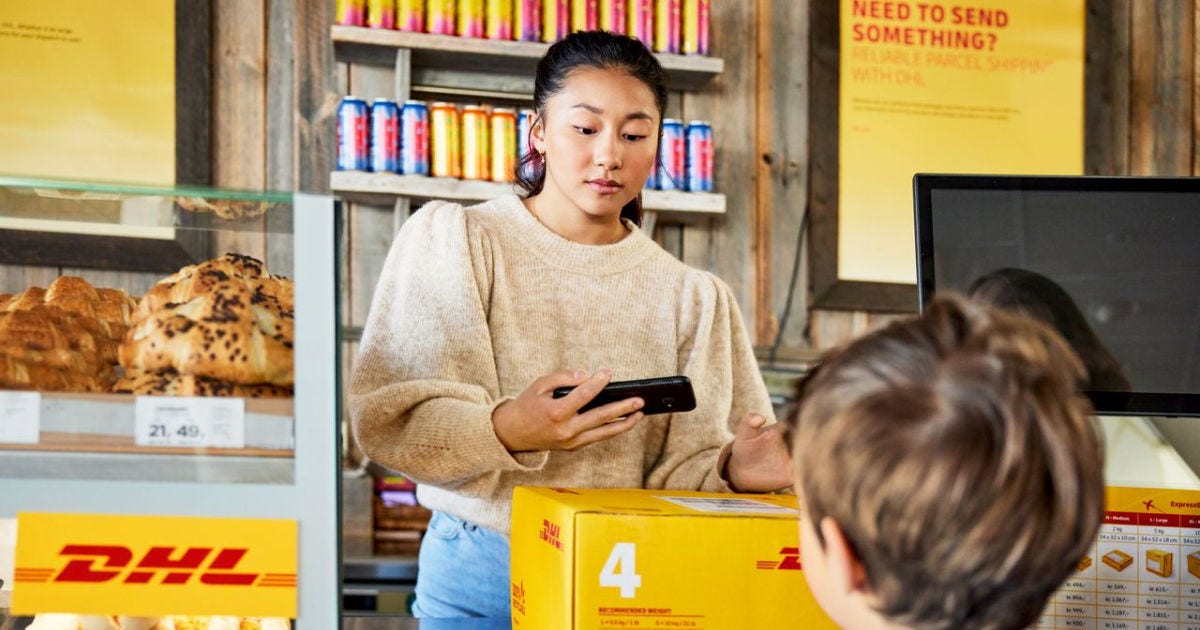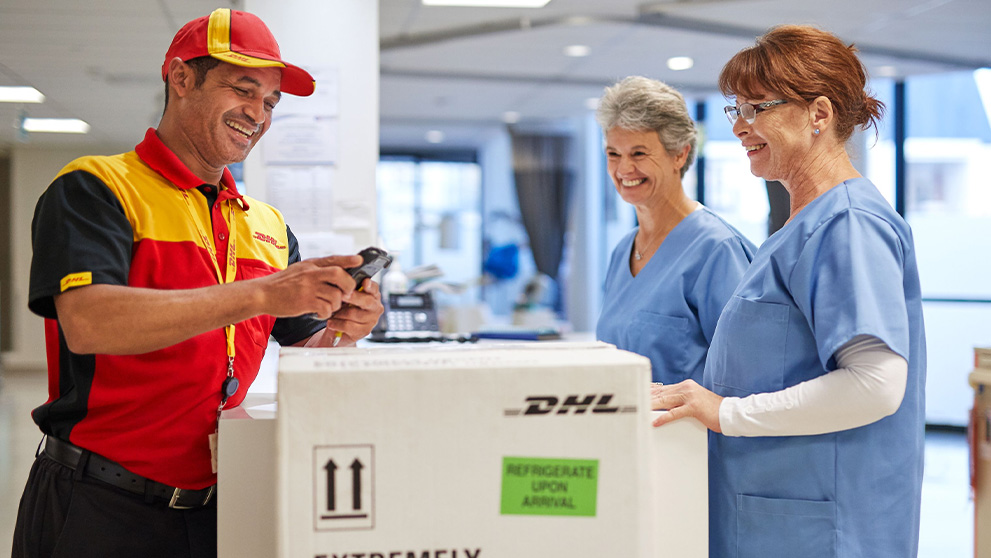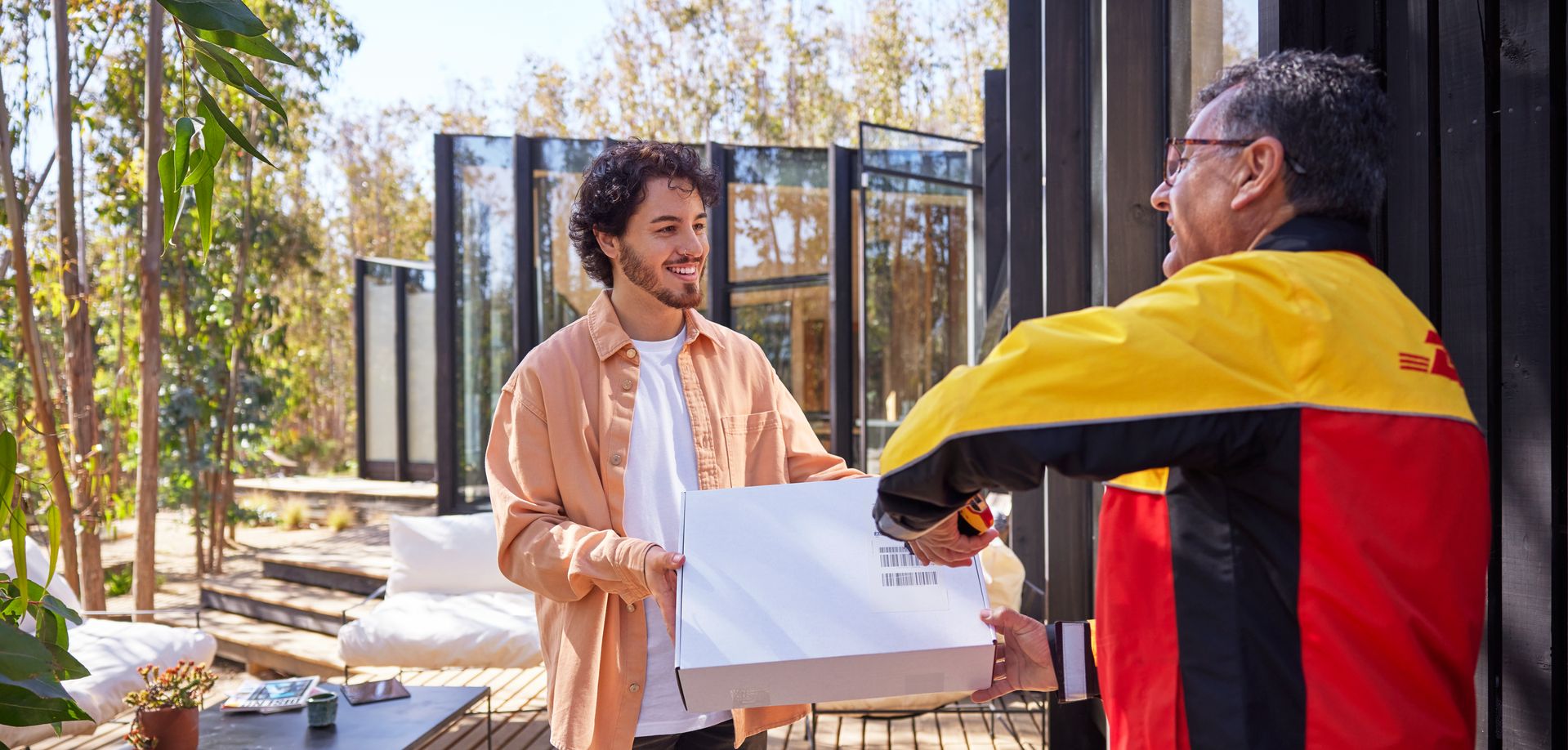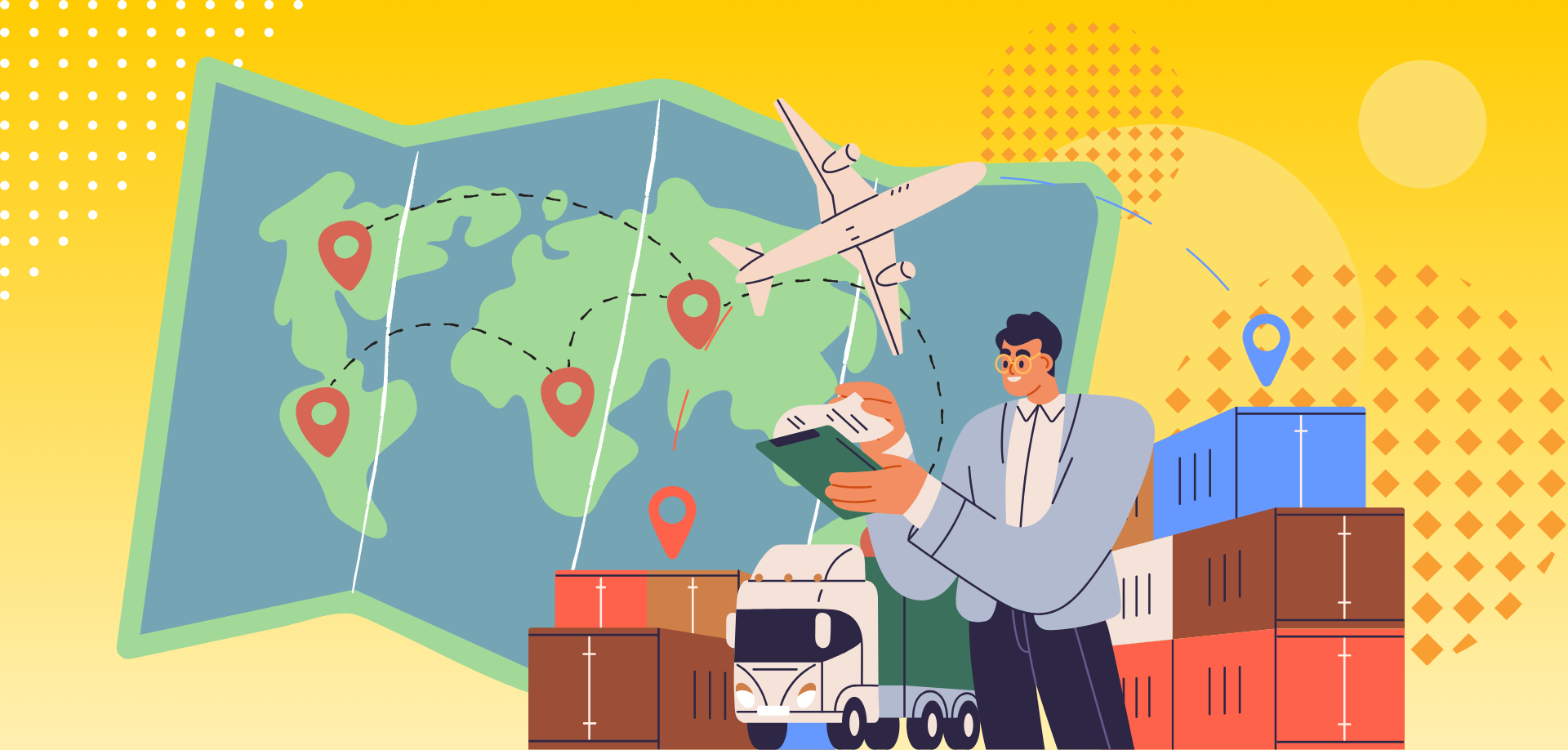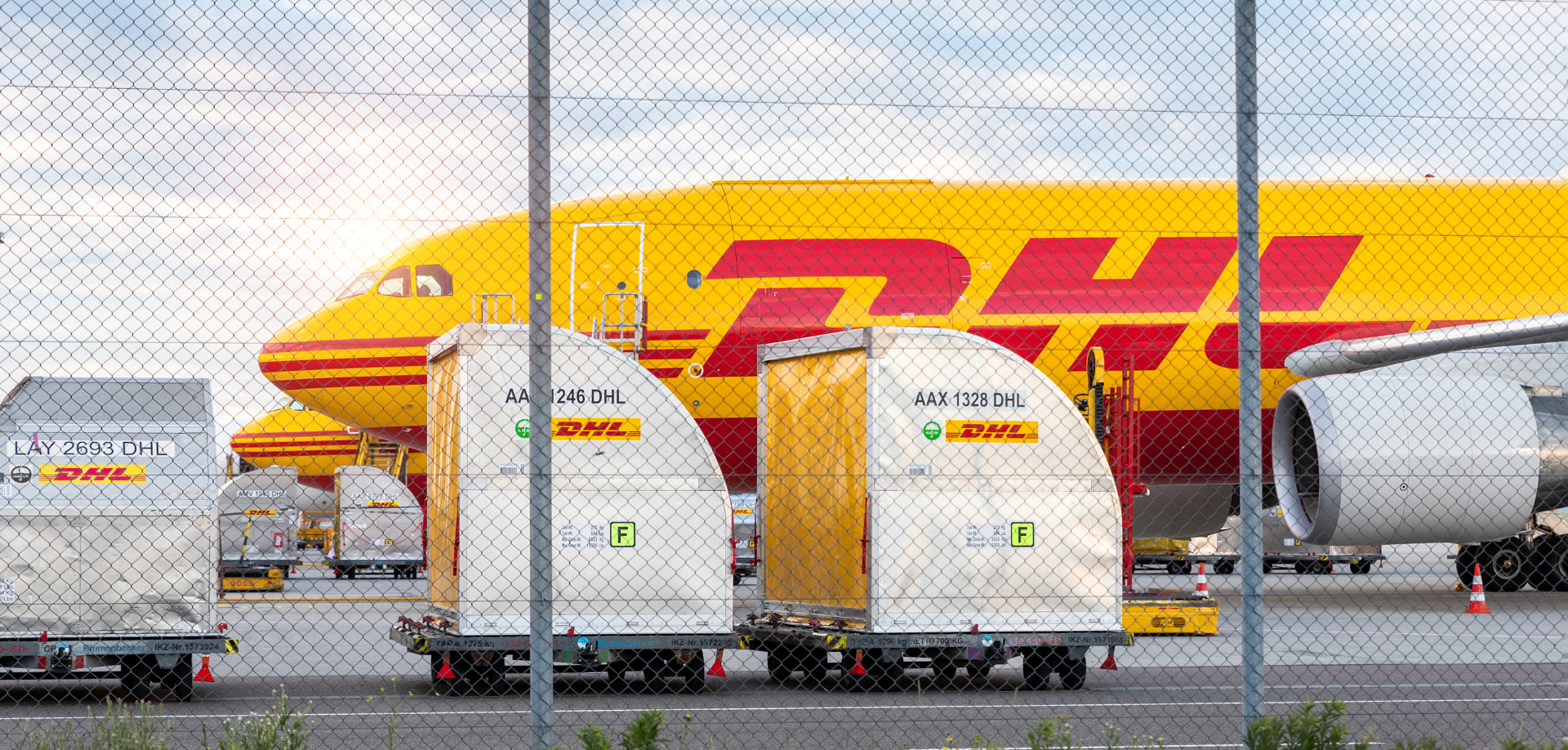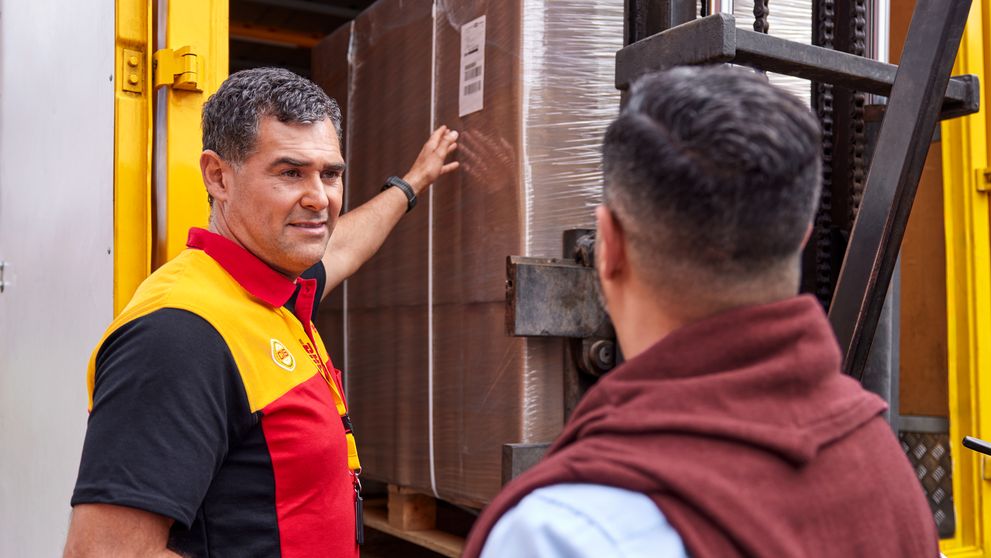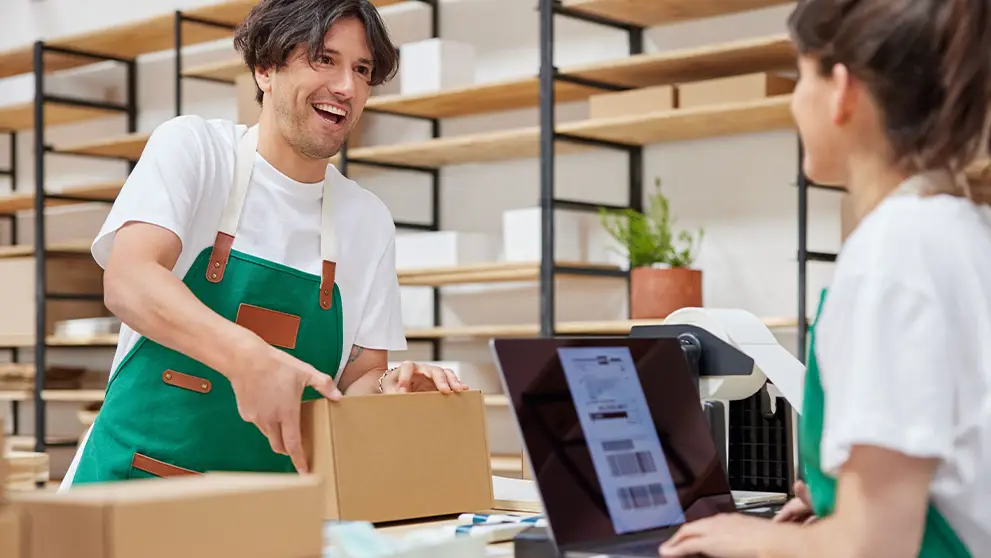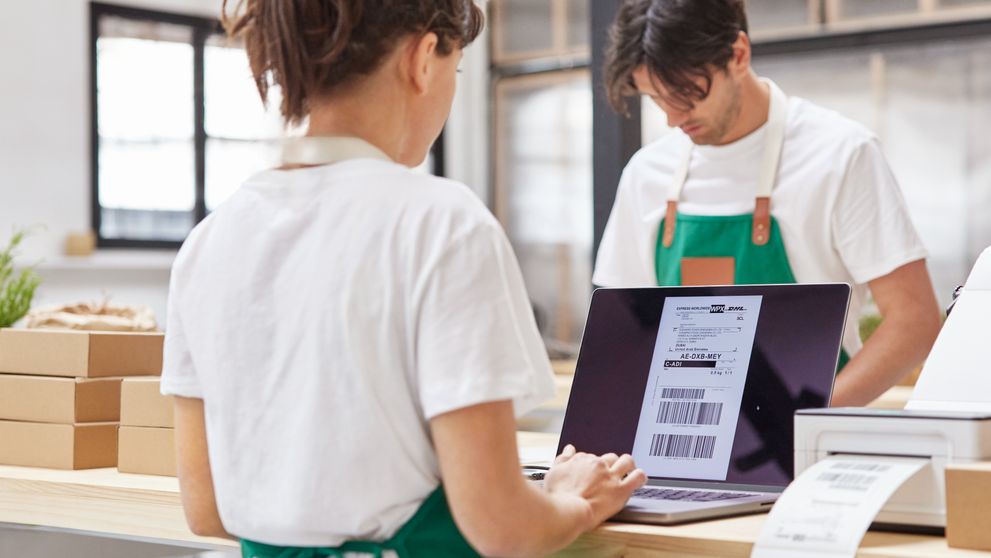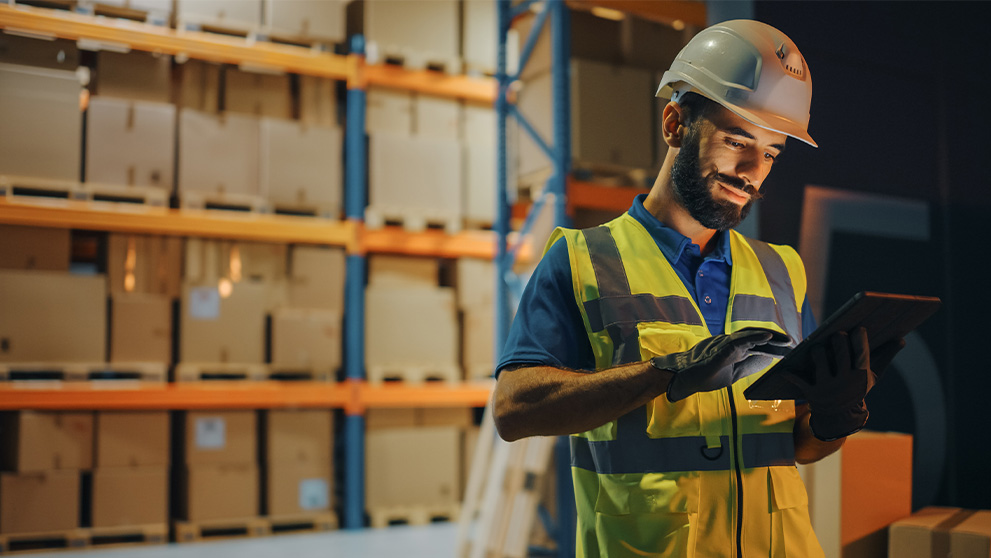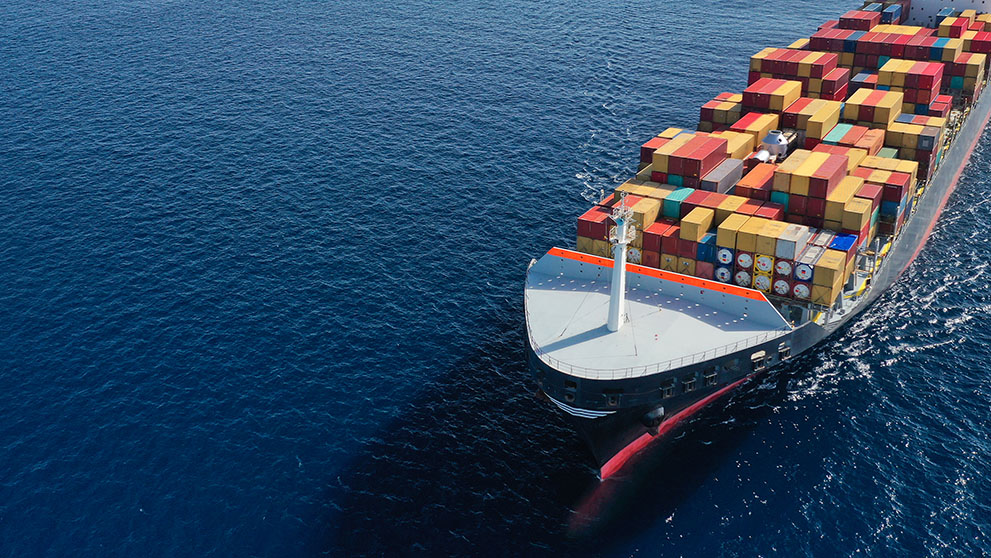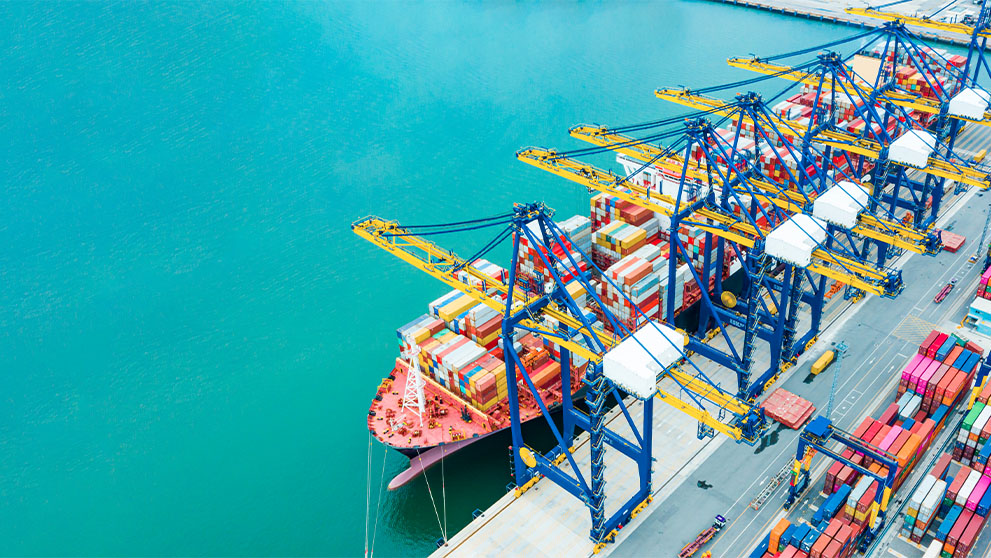Unlock worldwide sales potential in the global B2C e-commerce market with strategic planning and expert logistics solutions.
Navigating the global marketplace can be daunting for SMEs, but with the rise of e-commerce, it has never been more accessible to take your business to an international audience.
Statistics show the increase in digital orders is here to stay, as 22.6 percent of retail sales will be online in 2027. In particular, the business-to-consumer (B2C) e-commerce market has experienced impressive growth in recent years, expanding its market presence and product offerings.
According to the U.S. Census Bureau, e-commerce accounted for 15.4 percent of total sales in 2023. With global e-commerce sales projected to reach US$6.3 trillion (approximately €5.9 trillion) in 2024, there is enormous potential to profit from e-commerce.
Starting an online business is hard work. Whether you are a seasoned entrepreneur looking to take your business global, or a newbie looking to test the waters with your new online business, here are some simple steps that will help you get your business up and running in the most fuss-free way.
START WITH THE RIGHT STRATEGY
The first step to starting an online business is to pick the right market for your product.
But the initial phase can be overwhelming as it comes with a flurry of questions. Which countries have high demand for my products? What regulations should I be observing in these markets? What customs requirements are there?
“In Asia Pacific, MSMEs make up over 97 percent of all businesses, and we have heard from many of our customers that they face various challenges in expanding their businesses globally,” said Yung C. Ooi, Senior Vice President, Commercial, DHL Express Asia Pacific. “By providing SMEs with the tools and resources they need to trade and ship internationally with ease, we can help them boost their presence and reach their full potential in a dynamic global marketplace.”
Businesses that opt for DHL Express as their logistics provider can tap into a wealth of knowledge to strategically determine which markets they should bring their business to. Sellers can easily find essential customs information for their international shipping needs with DHL My Global Trade Services (myGTS). This self-service platform provides vital information to assist business owners in planning and budgeting, guiding them through the process of adjusting their pricing and strategy.
MyGTS provides a Pre-shipment Planner that gives business owners a comprehensive understanding of the relevant import/export regulations by providing important and relevant customs and trade information results. It features a Trade Lane Comparison function, providing first-level knowledge of countries with beneficial free trade agreements for relevant products.
Additionally, its Find Tariff Codes tool simplifies the product classification process by quickly identifying HS codes and guiding e-commerce business owners in categorizing their shipped products correctly. This function is crucial for ensuring efficient customs clearance and avoiding delays.
Taking into consideration landed costs and customs requirements, myGTS gives sellers a more accurate costing and helps them with their pricing strategy when they sell online. This includes calculating the Landed Cost Estimate, which offers a guideline of the total product value plus any other duties or taxes involved in the shipment.
SETTING UP SMOOTH DELIVERIES
With a strong business plan secured, the next step for business owners would be figuring out how to get their goods to their target consumer market.
Working with a reliable logistics provider is crucial to a successful e-commerce business. According to DHL’s Global Online Shopper Survey, 70 percent of shoppers said that recognizing the logistics provider was important to them when placing an order, while 43 percent added that they would abandon their purchase if they did not trust the delivery provider.
However, established logistics providers typically require companies to produce their credit history or demonstrate financial stability to minimize non-payment risk. By evaluating a company's credit history, they can assess the likelihood that the company will fulfill its payment obligations and determine whether they are willing to enter into long-term contracts or partnerships where more favorable payment terms can be negotiated.
Startups, being newly established, typically do not possess a credit history. This has been a major roadblock to the process, preventing smaller businesses from creating partnerships with secure logistics providers.
But with the rapid growth of MSMEs, some logistics providers have adapted to find different ways to assess and mitigate risks, allowing newer or smaller companies to establish working relationships with them. For instance, businesses that lack an established credit history can pay upfront or on delivery or provide a deposit or partial payment in advance to reassure providers.
To support the growth of Micro, Small, and Medium Enterprises (MSMEs), DHL Express will be extending account shipping privileges to MSMEs through the QuickShip program. This allows MSMEs to create business accounts with DHL Express without the need for a credit history, or even a business registration. Signing up for a DHL Express business account also allows MSME customers access to better discount levels, and eventually, greater access to shipping options, creating a fuss-free and efficient customer onboarding process.
SMOOTH FULFILLMENT WITH INTEGRATED E-COMMERCE PLATFORMS
The most crucial part of setting up an online business is securing a suitable e-commerce platform. Sellers should focus on creating a user-friendly experience for their customers.
Products should be listed with specific dimensions or sizes, and customers should be able to easily identify the products they want and conveniently make the sale. Hence, the online business platform must be able to fulfill orders easily and ship them efficiently.
DHL has introduced the DHL Express Commerce (DEC) solution to create an intuitive customer journey, which streamlines the shipping process by integrating DHL’s logistics solutions with the business owner’s e-commerce platforms.
DEC is also highly customizable, allowing customers to adjust costs based on varying taxes related to the relevant market and product categories. For example, a buyer from the U.S. would pay a different amount of taxes compared to a buyer in Germany. Taking this data into consideration, shippers can then price their products accordingly to ensure more efficient communication and price transparency with their customers.
OFFERING MORE OPTIONS AFTER-SALES
As the economy returns to normality post-pandemic, fewer people are now working from home, and shoppers are moving away from home deliveries and demanding greater flexibility in delivery options from online retailers.
Giving customers the option to redirect their deliveries to another location on short notice matters to many of the world’s shoppers. Flexible delivery options have become vital to securing more sales. 95 percent of the online shoppers surveyed in DHL’s Global Online Shopper Survey said they had abandoned a purchase because their desired delivery option was unavailable.
Although having purchases delivered to their home is still the first choice for 76 percent of global shoppers, over 75 percent expressed their desire to leave their goods in a safe place when they are not home. Furthermore, 15 percent of customers now want goods left at an access point of their choice (such as a parcel locker or shop) and 9 percent prefer to leave their packages with a trusted neighbor.
To make the last-mile process more predictable and successful, DHL designed the DHL On Demand Delivery (ODD) solution, which gives recipients more flexibility and control in deciding when, where, and how their shipments should be delivered.
ODD is accessible via the DHL Express Mobile app and the DHL Express website via the customer’s web browser. Once the shipping process commences, customers receive an SMS alert and an email notification with a link to the ODD website. Following which, they can choose the delivery option and make requests that suit their convenience.
“With ODD, shipping recipients no longer need to worry about their daily schedules being interrupted or constrained by having to wait passively for their deliveries when they are busy going about their day. It minimizes failed delivery attempts , which are common causes of frustrations for both recipients and senders,” said Yung.
Customers can then collect their shipment from a DHL ServicePoint, Service Center, parcel locker, or partner collection point. Those who prefer a contactless delivery can authorize DHL Express to leave the shipment without a signature at a specific time and place within a certain range of their original delivery address. They can also nominate a neighbor or another authorized party to receive the shipment on their behalf.
Recipients traveling for longer periods can also postpone their deliveries for up to 30 calendar days without extra storage charges.
CLOSE THE LOOP WITH FUSS-FREE RETURNS
Finally, return logistics is the game changer that has made e-commerce a viable business model for many consumers. It allows online shoppers the same experience of touching and trying products the same way they would be able to in stores and returning them to the store should the product not be to their liking.
DHL’s Global Online Shopper Survey found that a free and simple returns policy would encourage a global average of 49 percent of the online shoppers surveyed to purchase goods from cross-border markets. Closing the loop with a returns logistics service that is convenient and easy to understand is critical to providing a good customer experience.
DHL Express offers Label-Free shipping to streamline the returns process, eliminating the need for business owners to prepare physical labels for their packages and shipments. Instead, the DHL Express Service Center takes care of labeling the shipments by electronically transmitting shipping information, such as the shipment number, to provide quicker processing and real-time order tracking.
Not only does this reduce the waste of ink, paper, and other label-printing consumables, it also offers a more efficient and cost-effective alternative to other international shipping methods. This saves you time from the processes of label printing, affixing, and handling, thus accelerating the overall shipping process.
Furthermore, with the electronic transmission of shipping information, updates on the delivery status can be accessed instantly. Label-free shipping allows packages to be tracked in real-time, and for customers to stay informed about the progress of their orders.
Embracing the global e-commerce market presents many opportunities for SMEs but also requires careful planning and strategic execution. By establishing a strong logistics system, businesses can simplify international shipping, enhance customer satisfaction, and streamline operations. With the right approach, SMEs can successfully navigate the complexities of global sales and thrive in the ever-evolving e-commerce landscape.
